
The 2020 Covid-19 pandemic offers a laboratory of self discovery to test how one respond’s to life’s unexpected twists and turns. Responding to life’s challenges can be difficult whether it’s a pandemic or if the conflict arises naturally in our personal, work or family life. How we respond often hinges on how we see the world and our role in it. Our mindset, outlook, personal attitudes and perceptions can all play a part.
Some seem to navigate right through the bumps, while others struggle to cope with each new bend in the road. As the pandemic wanes one thing is for sure, life challenges are not going away. What remains is our ability to successfully navigate hopefully allowing us to enjoy the journey.
I had an experience 40+ years ago that helped me make a decision that has been invaluable in engaging so many challenges and difficulties. The experience also helped me identify the kind of person I wanted to be in my interactions with others. When stuff happens, our attitude, focus and perspective are crucial in charting our individual paths. This experience helped me crystalize an individual mindset that helped shape my life’s purpose. The result has brought added peace and joy to my life. It has also helped me be more intentional in the face of earthly challenges.
When I was a missionary in the Philippines my Mission President, Stephen K. Iba visited our small rented home on the outskirts of Manila in a city called Paranaque. I had only been in the country for a few days. I was still adjusting to unfamiliar humidity, pesky misquotes, a new language and rice, rice, rice.
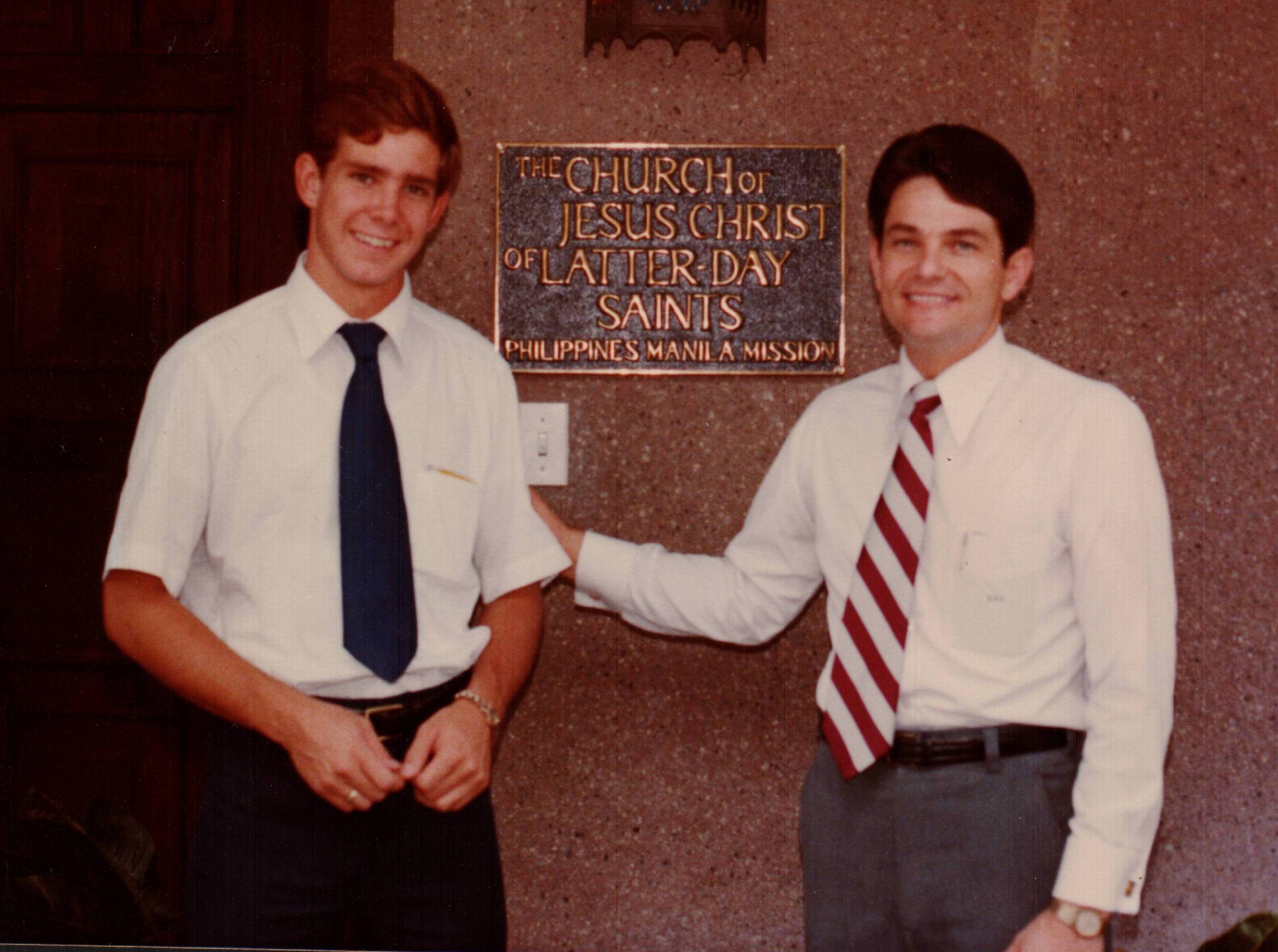
Above: My first day in the Philippines with President Stephen K. Iba, August 1979
During a personal interview early in the morning, President Iba pulled out a piece of paper and with a wide black marker in hand said, “Elder McKell, some people approach life like this.” Then he drew this diagram.
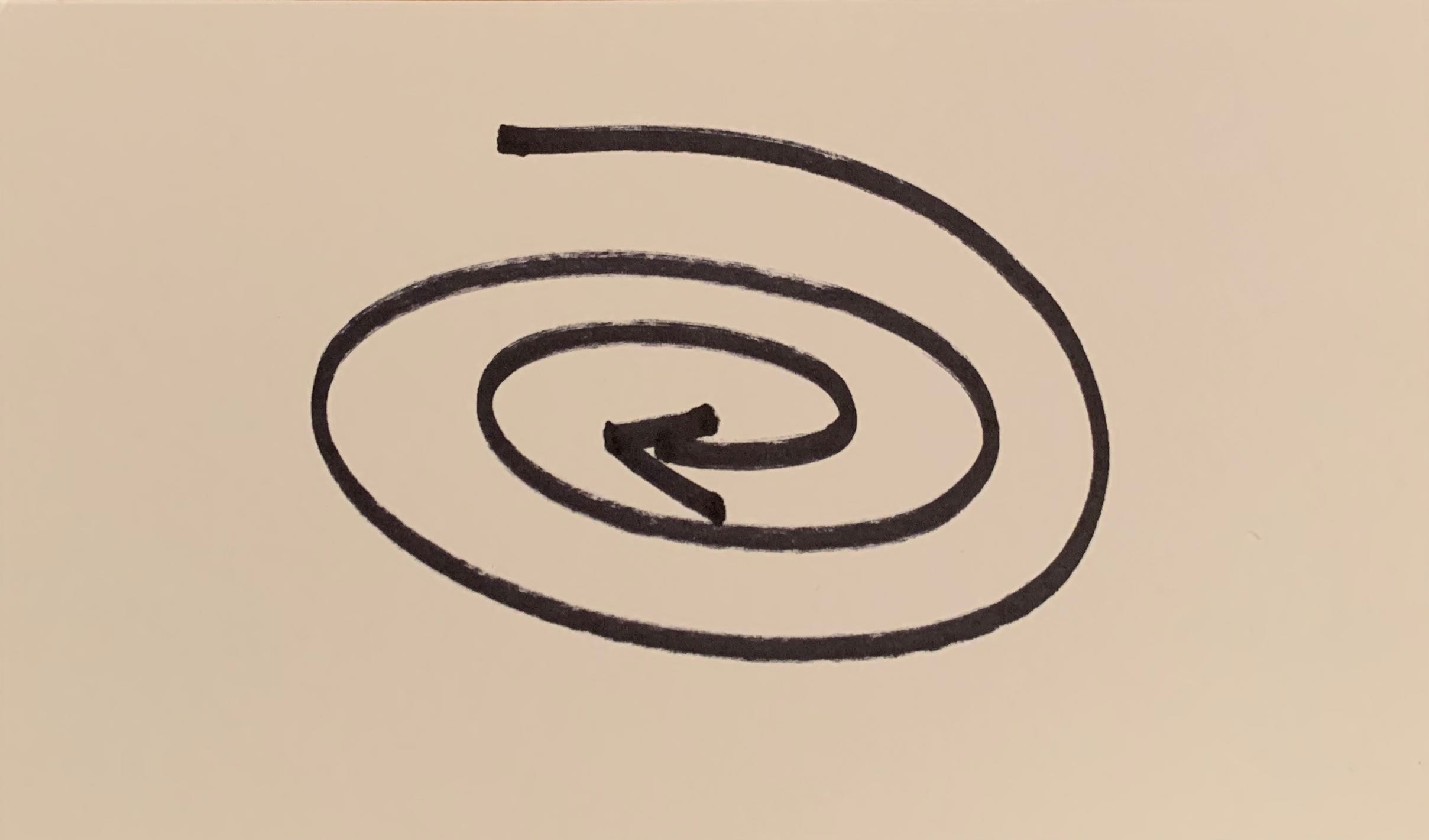
Then he grabbed another piece of paper and said, “While others, approach life like this.” He then drew this.
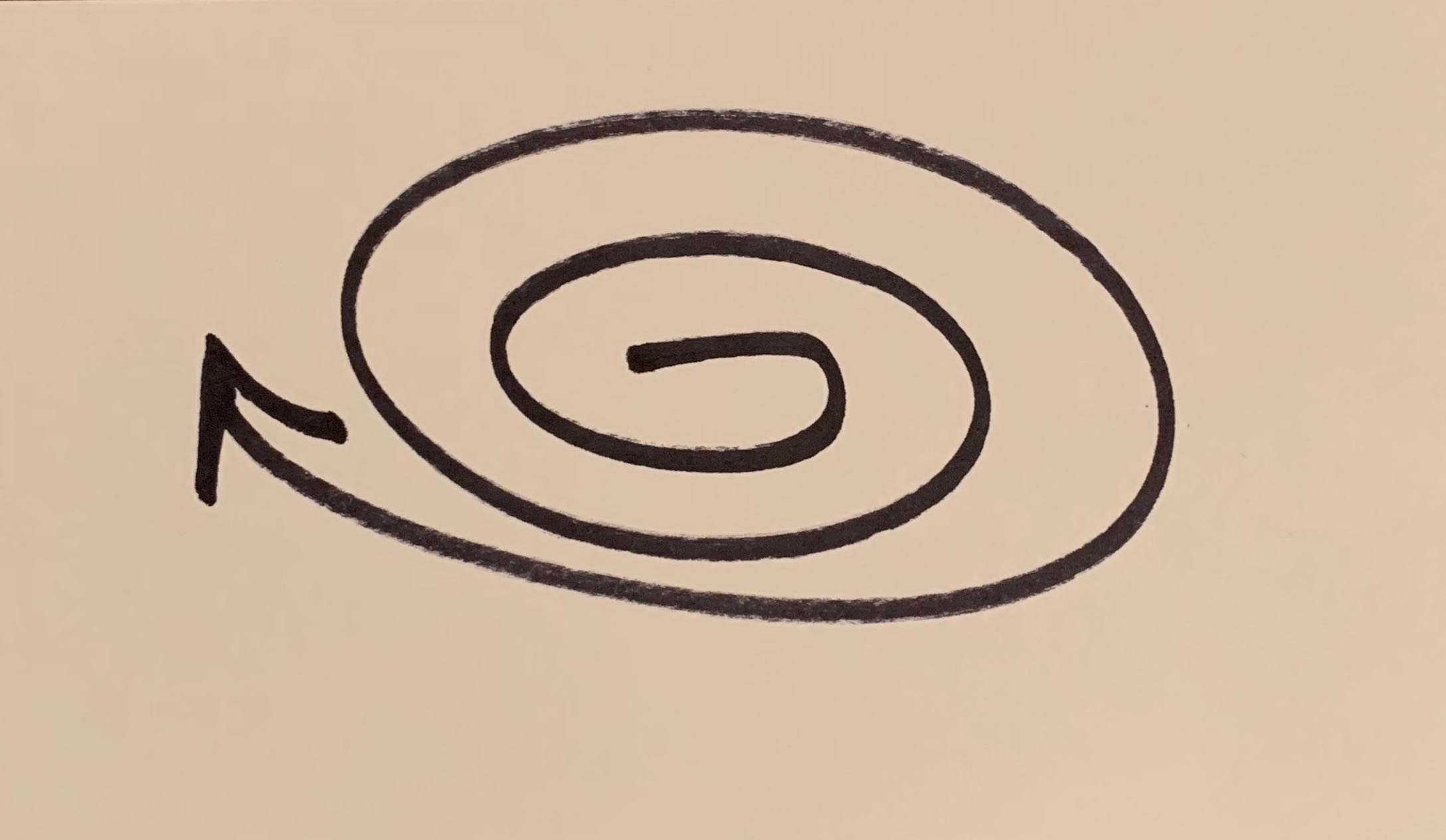
Pointing to the two pieces of paper, with an open hand motion suggesting a comparative choice, he said, “You need to decide what kind of missionary you want to be.”
Although still a 19 year old rather selfish teenager, I knew exactly what he was trying to teach me that morning. It hit me immediately. I am not sure why, but it was instantaneously clear. As I examined the drawings, one picture represented a person with an inward rather selfish focus whereas the other represented an outward more contributing mindset. To me, he was asking,
“Will you be the person that lifts, builds, encourages and strengthens others, or will you be a person focused on your own feelings, attitudes and perspectives? Will you live a life about yourself or will you live a life focused on contributing, elevating and helping others?”
Looking back after all these years, President Iba’s question was a defining moment. It wasn’t a question solely about how I would serve as a missionary, but how I wanted to live my life. His words pricked my heart and have forever left me pondering an aspirational sense of who I’ve wanted to be. I’ve never forgotten the conversation that day and am grateful for the wonderful lesson he taught me. That day I made a willful decision to be the later, someone who was a “giver” rather than a “taker.”
As Walt Disney illustrated, I wanted to be the “life enhancer” rather than the “well poisoner.” I wanted to be the “builder” rather than the “protector of the status quo.” I wanted to be the one who saw the glass “half full “rather than “half empty.” This defining experience moved me toward a trajectory of always look for abundance rather than scarcity. The by-product of this chosen perspective has had a dramatic positive impact on my life. As I look back I wouldn’t have it any other way.
President Iba’s simple illustration can teach us volumes when approaching life challenges and adversity.
Sometimes in the midst of a struggle we may search for divine help and ask,
- “Why is this happening to me?”
- “Why do I have to suffer this now?”
- “What have I done to cause this?”
I would suggest that these questions capture a more inward, self-centered, victim mindset. They certainly don’t propel one forward or engage one toward empowerment. When we begin to understand the importance of opposition in our lives and how it can shape and polish us, we might be better served if we ask a different set of questions. Consider these:
- “What am I to do?”
- “How can I learn from this experience?”
- “What is my Heavenly Father trying to teach me?”
- “How can I change?” Or, “Who can I help?”
These elevated questions can lead to new outcomes and solutions. If you believe in the power of prayer, words matter! The words we use can bring revelatory answers and direction in overcoming trials. Consider using these prayerful questions and you will be amazed at the promptings you will receive. But, you must listen! When we petition a loving Heavenly Father, the scriptural invitation to ask, seek and knock can bring peace and direction. In the recesses of our being the power of the Comforter, even the Holy Ghost, can speak to our mind and heart and give us answers in our pleadings. But, it often begins with great questions, rooted by a sincere heart, demonstrated real intent and faith in Christ. I have found this to be true in my life.
There is so much we can learn through adversity. Without opposition we are nothing. We can’t know the sweet without experiencing the bitter. We would like to avoid the pain, but in each adversity is the seed of an equal or greater benefit. Oh, the wisdom that builds from experiencing the storms of life. My Dad always said, “Our best experience often comes from bad experience.” Think of the life lessons you value most. I would guess they were born of difficult circumstances and effort. Am I right?
As you reflect, consider which of the previous sharpie drawings describes you? Think of the people who have made a difference in your life. Which drawing describes them? I find that the questions I ask myself help me know what illustration I am emulating. Am I acting more selfish or selfless? As you reflect, who do you want to be? Do you need to make a change? I am constantly adjusting because fighting the natural man is ever present.
Making a willful decision on who we want to be can be powerful defining moment in our lives. But the next courageous step is to vertically align our behavior with these governing values. Only then, as we work towards being that person, can we have a credible claim on inner peace.




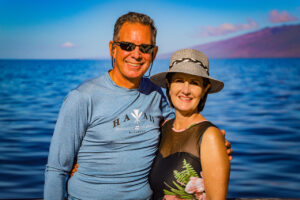
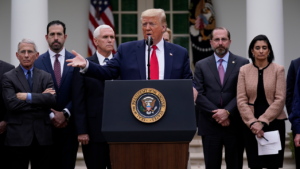



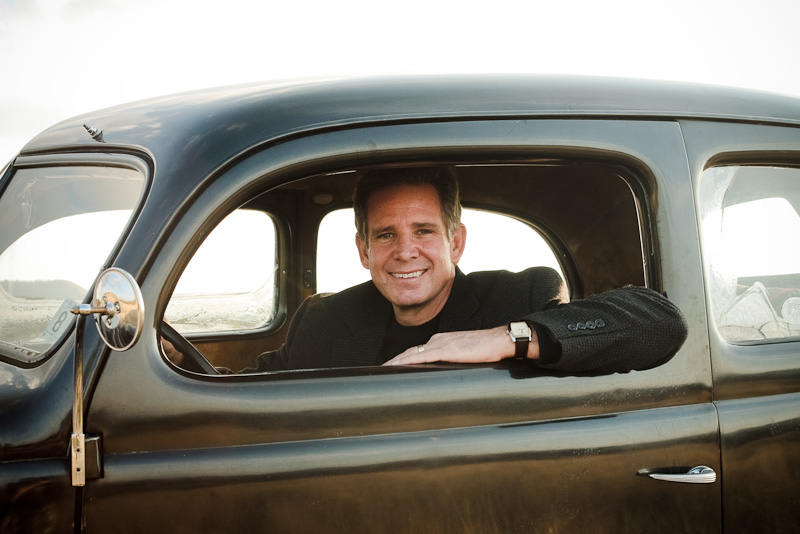 I am just a guy who loves life, my wife, my family, my God, and my country. I want to pay it forward and make a positive contribution inspiring others to make great life decisions.
I am just a guy who loves life, my wife, my family, my God, and my country. I want to pay it forward and make a positive contribution inspiring others to make great life decisions.